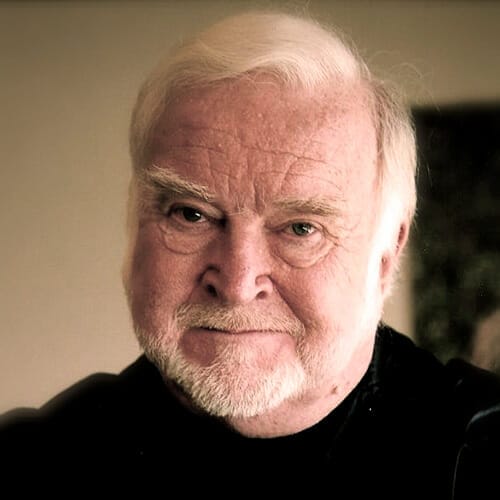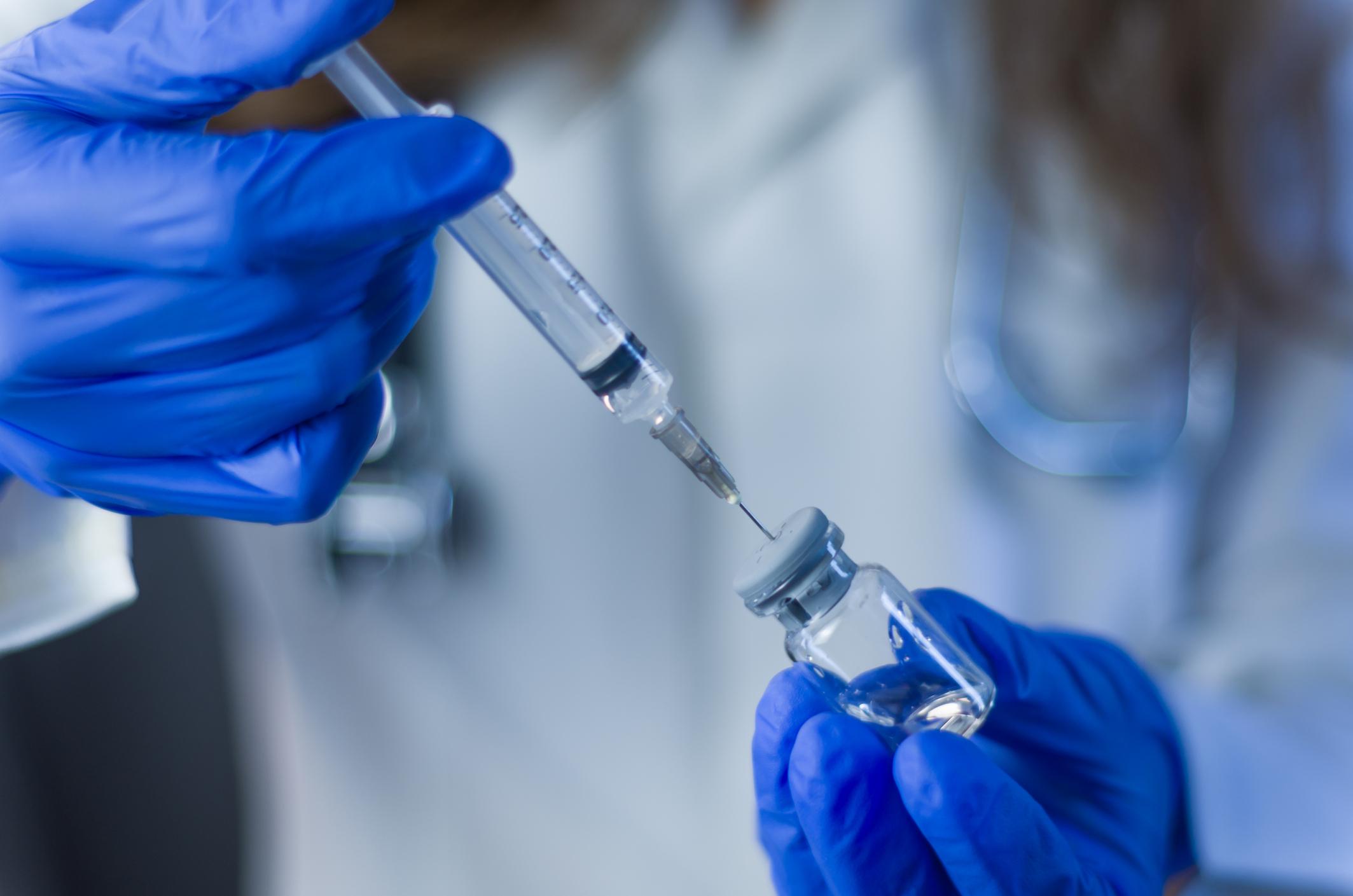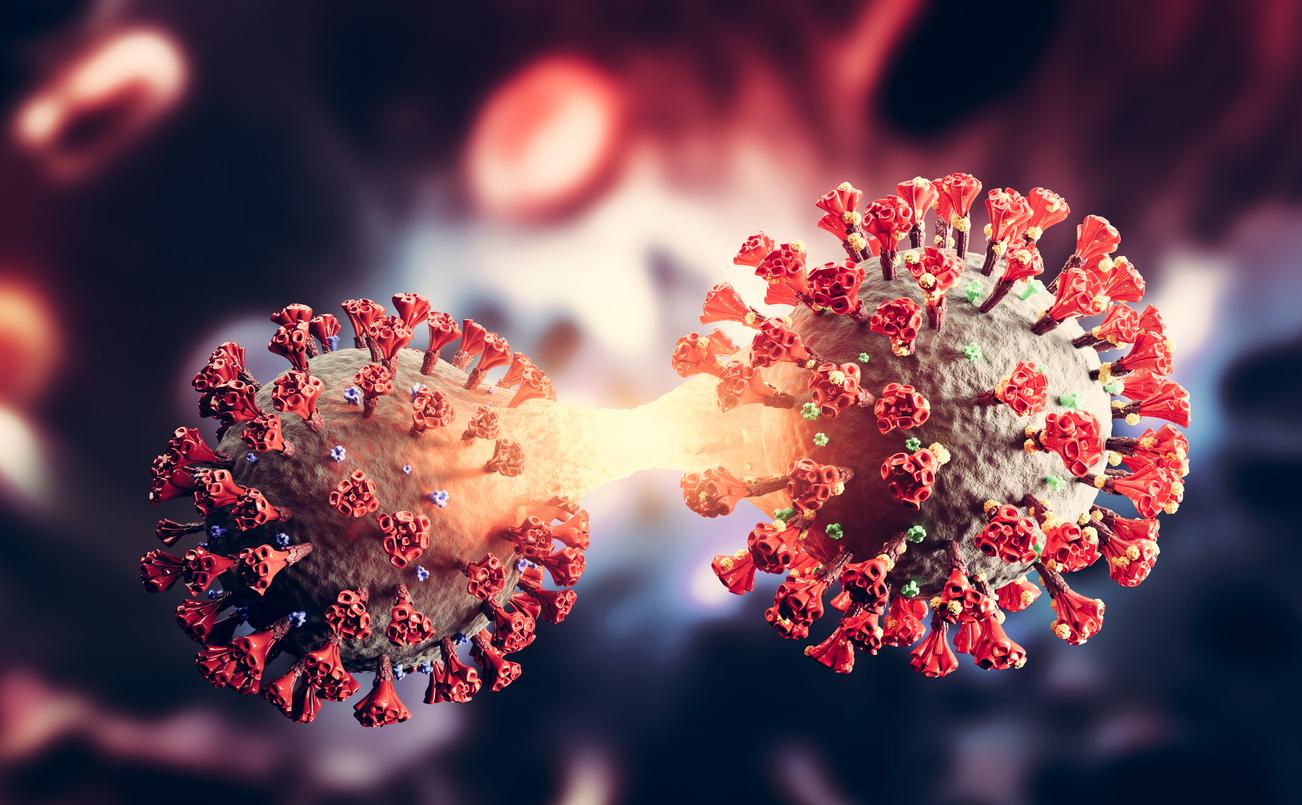
The measures against the spread of the coronavirus will remain in force as long as there is no good medicine or vaccine. How far is it now?
Scientists have been busy collecting research data since the outbreak. 1800 clinical trials have been launched on medicines, some of which have already been completed. That sounds hopeful, but many studies are small and often have flaws, so we don’t have definitive answers yet. These are desperately needed, because without research we don’t know whether a drug really works against covid. An article in the BMJ listed the available research results into a medicine against corona disease. That gives a good idea of how far we are now.
Lifesaving
Starting with the most important: which drug saves lives? The results are meager – only corticosteroids (such as dexamethasone) reduce covid death. Malaria drug hydroxychloroquine made no difference, as did the viral inhibitors lopinavir/ritonavir and umifenovir. Although Remdesivir has been registered as a covid drug, partly because it appeared to be life-saving, these research results do not yet live up to this, according to the researchers.
Symptoms
Fortunately, the drugs are useful in combating symptoms such as breathlessness. Hydroxychloroquine, lopinavir/ritonavir and remdesivir all relieve symptoms of Covid. Malaria drug hydroxychloroquine the most, but that drug has the disadvantage that it has harmful side effects. You may be in the hospital longer. The positive conclusion, on the other hand, is that the corticosteroids ensure that less ventilation is required. This makes the corticosteroids the winner of this overview in the BMJ for the time being.
Vaccines
What about the vaccine? The two large studies in the Lancet into the new corona vaccines were hopeful. The Oxford vaccine and the Chinese vaccine from CanSino gave antibodies in healthy subjects. In China, soldiers are already being administered the vaccine. But as a swallow does not yet make a summer, an antibody does not yet make an immune response, warn immunologists. We do not yet know how many antibodies are sufficient to fend off the virus. And actually it’s not about the antibodies, but about the army of various T cells that come into action at the call of the antibodies. T cells are much more difficult to measure, but it seems that these tested vaccines do indeed stimulate the T cells.
Bill Gates
Both vaccines are based on weakened cold viruses with a corona piece hidden in it, which penetrate the body and stimulate it to make antibodies. This is already a fairly new mechanism of action, but much more exciting vaccines are in the works. The RNA vaccines, such as those from Moderna and from BioNTech/Pfizer, are really a new branch of sport. The phase 3 studies on these vaccines are also starting now. They could be a major vaccine breakthrough, but there is also a downside, philanthropist billionaire Bill Gates warns in this interesting interview in Wired. Gates has been investing for years in vaccines against diseases such as malaria and Ebola, especially for poorer countries. The new high-tech vaccines are difficult to make and scale up, leaving poorer countries unable to use the new vaccines. Gates also questions the efficacy of these new vaccines in the elderly. The phase 3 studies that are currently underway should provide a definitive answer on efficacy and safety.















